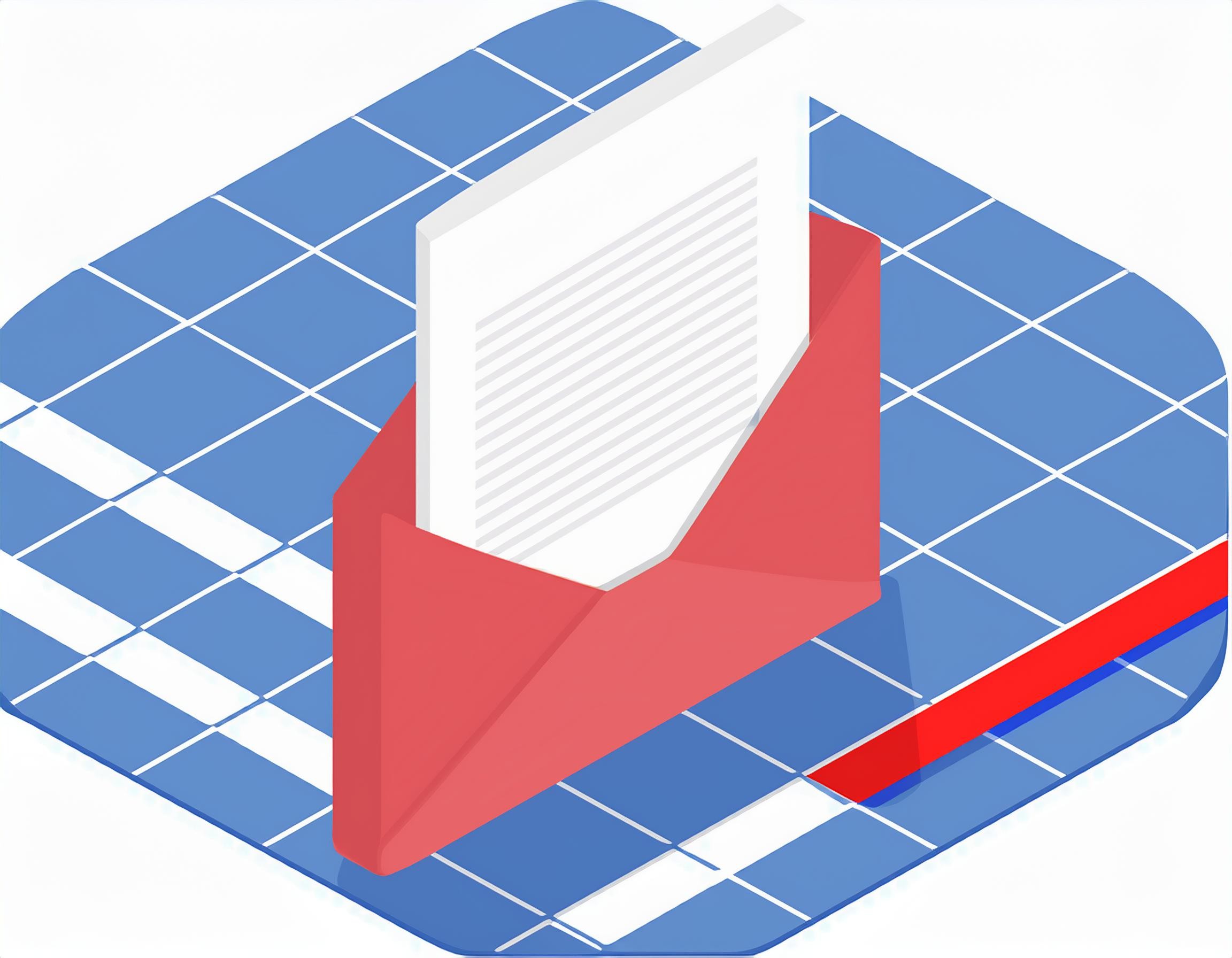How You Can Maximize Your Contact Data's Potential
3 MINUTE READ
Whether you're a small business owner, a sales professional, or a marketing strategist, effective contact data management is essential for reaching the right people and building meaningful relationships. By implementing best practices for contact data management, you can enhance your communication strategies, improve customer experiences, and drive business success. Let's explore some of these best practices:
1. Regular Data Cleansing
Contact data can quickly become outdated due to changes in personal details, job titles, or even organizations. Regularly cleansing your contact data involves identifying and correcting inaccuracies, removing duplicates, and updating information. This ensures that your communication efforts are based on the most accurate and up-to-date information.
2. Standardization and Formatting
Inconsistent formatting can lead to errors and miscommunication. Implement standardized formatting for names, addresses, phone numbers, and email addresses. This consistency not only reduces errors but also enhances the overall professionalism of your communications.
3. Data Enrichment
Enhance your contact data with additional information that can help you tailor your communication strategies. Data enrichment can include adding details like company size, industry, or job roles, allowing you to segment your audience more effectively and deliver targeted messages.
4. Segmentation and Personalization
Segmenting your contact list based on various criteria enables you to send personalized messages that resonate with specific groups. Personalization enhances engagement and fosters a sense of connection, ultimately leading to higher response rates.
5. Automation and Integration
Leverage automation tools to streamline data entry and updates. Integrating your contact data management system with other platforms, such as your CRM or email marketing software, ensures that changes are reflected across all systems in real time.
6. Data Governance and Ownership
Establish clear data governance policies that outline roles, responsibilities, and processes for data management. Assign ownership of contact data to specific individuals or teams, ensuring accountability and consistency.
7. Regular Audits
Conduct regular audits of your contact data to identify any anomalies, inconsistencies, or gaps. Audits help maintain the quality of your data over time and prevent issues from accumulating.
8. Training and Education
Ensure that your team members are well-versed in data management best practices. Provide training and resources to help them understand the importance of accurate contact data and how to maintain it effectively.
9. Importance of Clean High-Quality Contact Data
The success of your communication strategies hinges on the quality of your contact data. Accurate and up-to-date information ensures that your messages reach the right recipients and are received positively. Clean contact data also minimizes the risk of embarrassing errors or communication breakdowns.
RunnerEDQ: Elevating Contact Data Management
RunnerEDQ specializes in data quality solutions, offering tools and services designed to help you maintain accurate and reliable contact data. By utilizing RunnerEDQ's products and services, you can:
Clean Data: Eliminate inaccuracies, duplicates, and outdated information, ensuring that your contact data remains accurate and reliable.
Enrich Data: Enhance your contact data with valuable information that can support more targeted and personalized communication.
Maintain Data: Continuously monitor and validate your contact data, preventing it from becoming stale or unreliable over time.
Increase Efficiency: With accurate contact data at your fingertips, you can save time, reduce errors, and enhance the effectiveness of your communication efforts.
RunnerEDQ's data quality solutions are tailored to help you achieve and maintain accurate contact data. By leveraging their expertise, you can focus on building meaningful connections with your contacts, without the worry of data inaccuracies. Remember, accurate contact data is a valuable asset that can drive engagement, build trust, and contribute to your business's growth.







